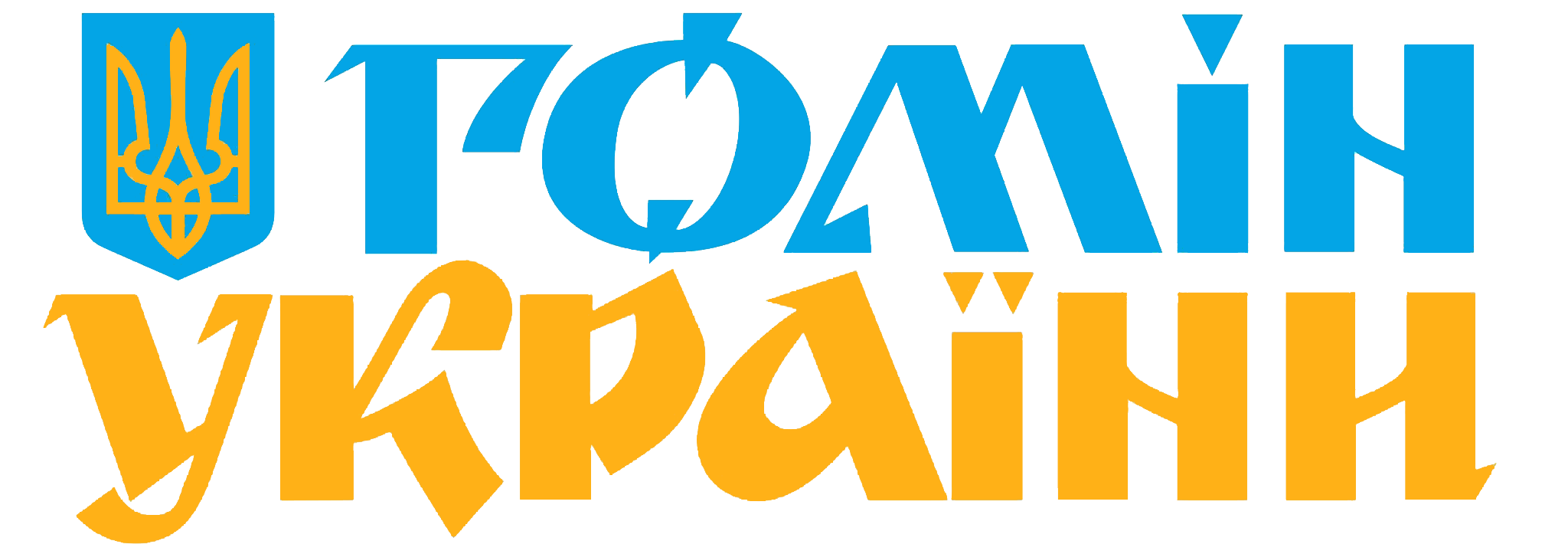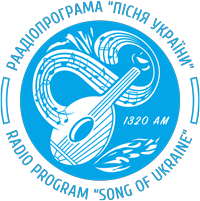Russia has a track record of flouting agreements it has signed. The only viable security guarantee for Ukraine is one that contains Russian aggression.
By Bohdan Cherniawski for the Kyiv Post | August 24th, 2025
The war in Ukraine is well into its fourth year, and Russia has shown no sign of stopping. Since February 2022, Moscow’s campaign has never been just about borders or NATO expansion. It has been about erasing Ukraine’s sovereignty, its history, and even its right to exist. Vladimir Putin’s vision is imperial: Ukraine is not a neighbor but an illegitimate construct, a nation to be subjugated and folded back into Russia’s orbit. Every missile strike, every deported child, every destroyed church is part of this project of erasure.
This month’s heavy bombardments of Kyiv and other cities reveal the strategy clearly. On Aug. 1, 2025, Ukraine’s capital suffered its deadliest strike of the year: 31 killed, more than 150 wounded, including children. Just days later, during President Volodymyr Zelensky’s visit to Washington, Russia unleashed another wave of 270 drones and 10 missiles, killing 15 more civilians. These are not random acts of war; they are signals. Each escalation coincides with moments of diplomacy, as if to remind the world that Moscow, not Washington or Brussels, controls the tempo of this war.
The essence of Putin’s message is simple: Ukraine has no independent existence. His 2021 essay claiming that Russians and Ukrainians are “one people” was not an abstract argument. It was a justification for conquest. By bombing schools, hospitals, power plants, and UNESCO sites like St. Sophia Cathedral, Russia is not only destroying infrastructure but attempting to erase identity. This is why Ukrainians insist they are fighting for survival, not just sovereignty.
Against this backdrop, the West’s talk of “security guarantees” sounds dangerously familiar. In the 1994 Budapest Memorandum, Ukraine gave up its nuclear arsenal in exchange for assurances of protection. Those promises turned out to be, in the infamous phrase of German Chancellor Bethmann Hollweg on the eve of World War I, nothing more than “a scrap of paper.” Russia tore them up with its 2014 annexation of Crimea and shredded them entirely in 2022. To suggest that Ukraine should again rely on ambiguous promises rather than NATO’s Article 5 is to repeat the same fatal mistake.
And yet Washington has quietly pressed Kyiv to consider ceding land in exchange for peace.
Each escalation coincides with moments of diplomacy, as if to remind the world that Moscow, not Washington or Brussels, controls the tempo of this war.
The recent hot-mic moment at the White House only underscored the danger. President Trump, speaking to Emmanuel Macron, remarked that Putin “wants to make a deal for me.” Former national security adviser John Bolton was blunt: this was evidence of how Putin manipulates Trump, dangling the lure of a Nobel Peace Prize. The suggestion that Ukraine’s fate could be bartered away to serve one man’s vanity is not just reckless. It is a betrayal.
European leaders, by contrast, showed their solidarity by standing alongside Zelensky in Washington. Britain dispatched its Chief of Defence Staff, Admiral Tony Radakin. France’s Emmanuel Macron and the UK’s Keir Starmer have worked to assemble a “Coalition of the Willing” to provide guarantees, from air defense support to naval patrols in the Black Sea. But even they admit the coalition is no substitute for US power. Without Washington’s firm commitment, Ukraine’s security rests on shifting sands.
The truth is stark: Russia will not stop unless it is stopped. Every pause, every ceasefire, every paper guarantee has only given Moscow time to regroup and strike again. Ukrainians know this. They know that survival requires resistance, not compromise. They fight because the alternative is annihilation, made plain by Russia’s war crimes committed en masse.
If the West is serious, it must abandon illusions. Containment of Russia – not accommodation – is the only path to peace. NATO’s Article 5 provides tangible security; scraps of paper do not. Putin’s war is not a border dispute but an existential campaign. Ukraine is not asking for favors. It is demanding the same security that any nation would expect if faced with the theft of a fifth of its land and the attempted erasure of its people.
The war in Ukraine has always been about more than Ukraine. It is about whether promises mean anything, whether international law has force, whether democracies will stand when tested. Another scrap of paper will not save Ukraine. Only strength, unity, and the will to confront Moscow can do that.
Bohdan Cherniawski is a Canadian military veteran, historian, and writer focused on Eastern European political history, intelligence, and global health in conflict zones.






